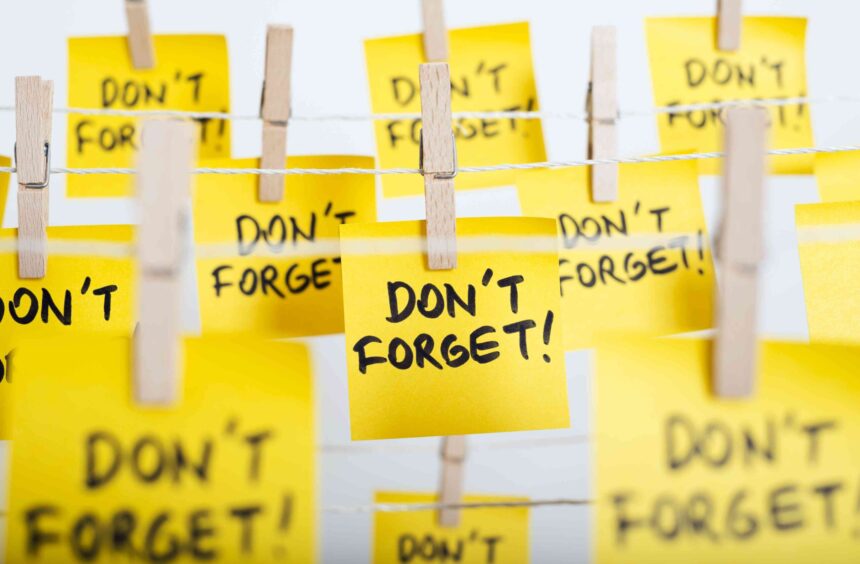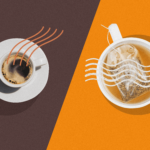Short-term memory is the part of memory that stores a limited amount of information for a short amount of time. It’s brief (about 20 to 30 seconds), and you can only remember so much information (such as a five to nine-word list).
If you want to see for yourself just how short your short-term memory really is, try memorizing some of the word lists below. It can be a great way to learn more about your own limits and can even be an excellent exercise for boosting your memory powers.
At a Glance
Short-term memory experiments often involve memorizing a list of words and then trying to remember them. Most people can hold five to nine words in short-term memory, but your own abilities may vary. You can learn more by using some of the memory test words below. If your results leave something to be desired, performing similar memory challenges may help you gradually boost your abilities.
Test Your Memory With Word Lists
This quick short-term memory test is a simple psychology experiment you can try at home. You can do this experiment on your own or with a small group of volunteers. By seeing how many words you can memorize in a brief period of time, you can learn more about both the capacity and duration of short-term memory.
Look at the list of words below for two minutes. Memorize as many words as you can in this amount of time. Next, get out a sheet of paper. Without looking at the list, give yourself two minutes to write down as many words from the list as you can.
| Nine | Swap | Cell | Ring | Lust |
| Plugs | Lamp | Apple | Table | Sway |
| Army | Bank | Fire | Hold | Worm |
| Clock | Horse | Color | Baby | Sword |
| Desk | Grab | Find | Bird | Rock |
How many words did you get correct? Despite having two minutes to memorize the words, you may have found it surprisingly difficult to recall even a handful of words.
This experiment demonstrates some of the limitations of short-term memory. According to researcher George A. Miller, the typical storage capacity for short-term memory is seven, plus or minus two items.
Try Chunking to Remember More
While short-term memory capacity is limited, some strategies may help improve it a bit. Memory rehearsal strategies, such as chunking, can significantly increase memorization and recall.
| Horse | Cat | Dog | Fish | Bird |
| Orange | Yellow | Blue | Green | Black |
| Table | Chair | Desk | Bookcase | Bed |
| Teacher | School | Student | Homework | Class |
| Apple | Banana | Kiwi | Grape | Mango |
Because these items can be easily grouped based on category, you can probably remember far more of these words. Clustering can be a useful memorization strategy that can improve the retention and recall of information.
Perform Your Own Word Memorization Experiment
There are a number of different approaches you could take in conducting your own word memorization experiment.
- Compare random words versus related words. Create two lists of words: One that is completely random and another that has groups of related words. Ask participants to first complete one trial with the random words, and then complete another trial with the related words. Compare the results of the two trials.
- Compare results between male and female participants. Have a group of participants perform the memorization activity, and then compare how many words the male participants remembered on average to how many the female participants remembered.
- Try the experiment with gender-associated terms versus gender-neutral terms. Create a list of terms related to objects or concepts commonly associated with women or men. Then create a list of neutral terms. Administer both tests to a group and compare the results between the men and women. Did women or men find it easier to remember the gender-associated terms? Or were the results insignificant?
- Compare results among different age groups. For example, create a group of school-age children, a group of college students, a group of middle-aged adults, and a group of older adults. Give the same test to each participant and then compare the results of each group. Which group performed the best? Which one performed the worst? What do these results have to say about memory and age?
Key Questions for Background Research
- On average, how many words can a person remember?
- Can other factors such as gender and age have an impact on memory?
- Do people tend to remember certain words more than others?
- What strategies might improve memorization?
When you are exploring psychology experiment ideas, be sure to understand how to conduct a psychology experiment to get accurate results and to perform experiments ethically.
Factors That Impact Performance on Word Lists
How well you do at recalling words on a memorization list depends on a variety of factors. Some issues that can affect your performance on memorization lists include things such as:
- Anxiety
- Depression
- Fatigue
- Stress
- Side effects of medications
- Sleep deprivation
- Substance use
Another issue that might play a role is the serial position effect. It involves a tendency to recall words at the beginning or end of a list while having difficulty remembering those in the middle.
Better recall for words at the beginning of a list is known as the primacy effect, and better recall for those at the end of a list is the recency effect.
How to Improve Your Short-Term Memory
If you’d like to strengthen your memory, some strategies can help you boost your memorization powers.
- Brain training: Some research has found that cognitive training can help slow brain aging and sharpen your mental skills, including short-term memory. Practicing memorizing word lists on your own is one strategy, but there are also many online brain games and apps that can be helpful.
- Healthy habits: The Alzheimer’s Association suggests that strategies such as regular exercise, avoiding smoking, eating a balanced diet, and getting enough rest are crucial for protecting brain health and memory.
- Try mnemonics: Songs, rhymes, and acronyms are examples of memory devices that can help you remember things more effectively. For example, when you are memorizing a list of words, you might try singing the list to the tune of a familiar melody. Some research suggests that using such tools can boost your memory by as much as 20%!
- Manage your stress: Chronic stress can take a serious toll on your health and mental well-being, but it can also worsen your memory and concentration. That’s why it’s so crucial to find ways to minimize and manage stress effectively. Self-care can help, as can using stress management techniques like deep breathing and meditation.
- Consider herbal memory boosters: Certain herbs purportedly have memory benefits and other positive effects on brain health. Sage, ginseng, and lemon balm are a few that may have a positive impact on memory.
Always check with your doctor before trying any herbal supplement or remedy.
When to Get Help
Less than stellar performance on a memory word list isn’t necessarily a reason for concern. It might mean you are distracted, tired, or have difficulty concentrating. If you are noticing other problems with your memory, however, it is essential to discuss your concerns with your doctor.
Your doctor can evaluate your symptoms to determine if a medical or mental health condition might be affecting your memory.
Mental conditions such as depression can lead to problems with memory and concentration. Medical conditions affecting memory include mild cognitive impairment, dementia, Alzheimer’s disease, infections, and medication side effects.



























